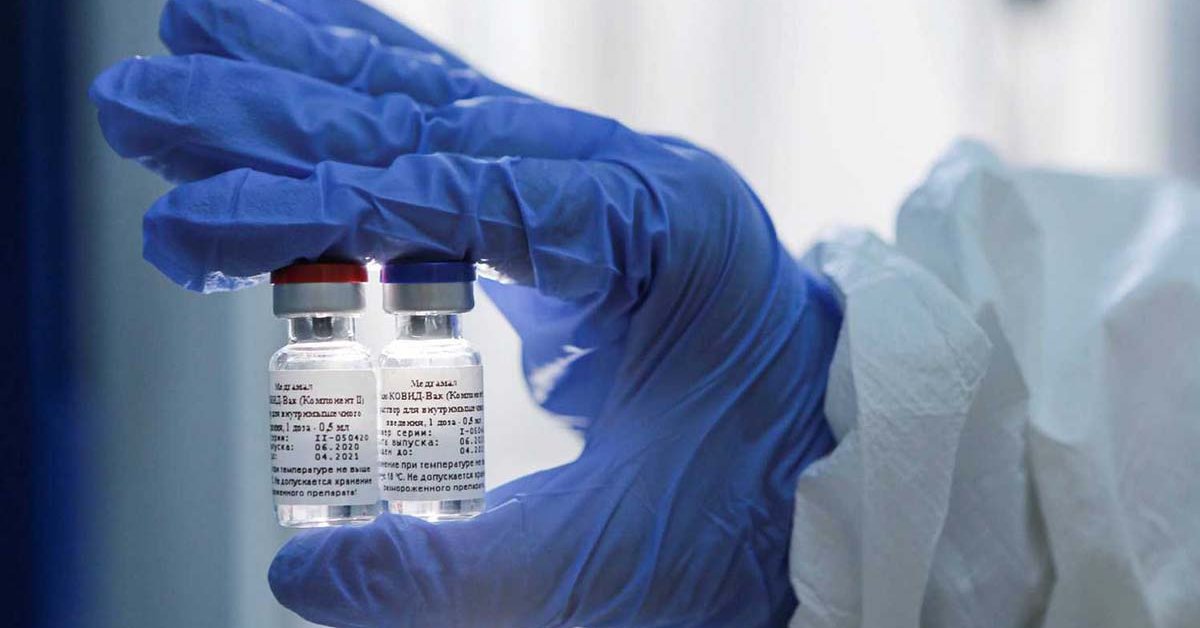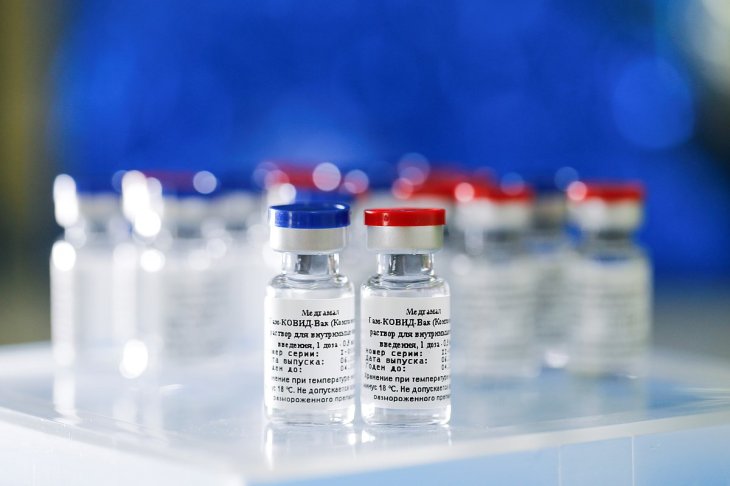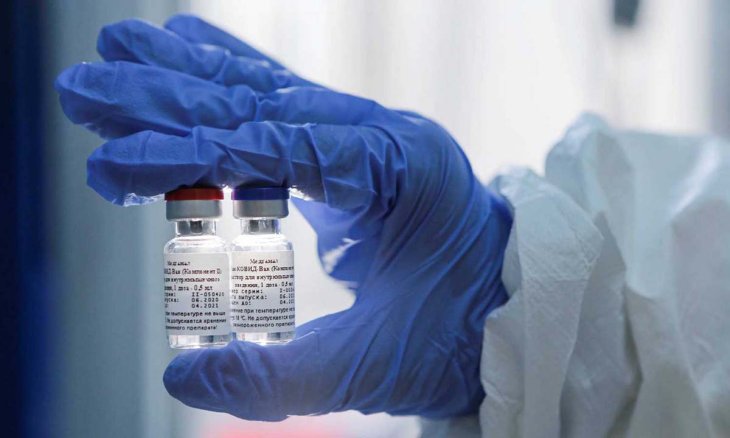Scientists Suspect The Trial Result Data Of Russia's COVID-19 Vaccine To Be Unreal
Dhir Acharya - Sep 11, 2020

Scientists in Italy have signed an open letter to question the result data of Sputnik V's trial results. What does Russia have to say in response?
- This Man's Super-Antibody Can Be Diluted 10,000 Times But Still Works Against COVID-19
- These Indian Cities Are Under Lockdown Again In 2021
- India To Review Covishield Vaccine After Report Of Blood Clots Following Vaccination
Twenty-six scientists, including may working at universities in Italy, have all signed an open letter that questions the reliability of the data in the early-stage trial results of Sputnik V, Russia’s COVID-19 vaccine and also the world’s first COVID-19 vaccine to be released.
Previously, Moscow’s Gamaleya Institute published the early-stage trial results of the vaccine in the international peer-reviewed medical journal The Lancet. Talking to the editor of the journal, the scientists said that they spotted patterns that looked “highly unlikely.”

The letter wrote the data of Phase-1 and phase-2 trial results showed that several participants had the same antibody levels.
“On the ground of simple probabilistic evaluations the fact of observing so many data points preserved among different experiments is highly unlikely.”
It’s worth noting that the scientists made these observations based on the summaries of the result data published in the journal, not the original result data. The letter said:
“In lack of the original numerical data, no conclusions can be definitively drawn on the reliability of the data presented, especially regarding the apparent duplications detected.”

The Gamaleya Institute rejected the critique. The institute deputy director Denis Logunov stated that the published results are accurate and authentic, which were examined by 5 reviewers from The Lancet. He added that the institute submitted all the original data to the journal.
“We presented specifically the data that was produced (by the trial), not the data that is supposed to please Italian experts.”
At the same time, a peer reviewer of the Russian data, Deputy Director Naor Bar-Zeev at John Hopkins Bloomberg School of Public Health, defended his analysis, saying:
“Science must maintain a balance between incredulity, skepticism and trust. That trust is borne out through plausibility, repeatability and falsifiability. The results are plausible, and not very different to those seen with other AdV vectored products.”
>>> Russia's COVID-19 Vaccine Released To The Public, Starts Trial In India This Month
Featured Stories

Features - Jan 29, 2026
Permanently Deleting Your Instagram Account: A Complete Step-by-Step Tutorial

Features - Jul 01, 2025
What Are The Fastest Passenger Vehicles Ever Created?

Features - Jun 25, 2025
Japan Hydrogen Breakthrough: Scientists Crack the Clean Energy Code with...

ICT News - Jun 25, 2025
AI Intimidation Tactics: CEOs Turn Flawed Technology Into Employee Fear Machine

Review - Jun 25, 2025
Windows 11 Problems: Is Microsoft's "Best" OS Actually Getting Worse?

Features - Jun 22, 2025
Telegram Founder Pavel Durov Plans to Split $14 Billion Fortune Among 106 Children

ICT News - Jun 22, 2025
Neuralink Telepathy Chip Enables Quadriplegic Rob Greiner to Control Games with...

Features - Jun 21, 2025
This Over $100 Bottle Has Nothing But Fresh Air Inside

Features - Jun 18, 2025
Best Mobile VPN Apps for Gaming 2025: Complete Guide

Features - Jun 18, 2025
A Math Formula Tells Us How Long Everything Will Live
Read more

ICT News- Feb 15, 2026
X Platform Poised to Introduce In-App Crypto and Stock Trading Soon
X has been laying the groundwork for this expansion.

Mobile- Feb 14, 2026
Android 17 Beta 1 Now Available for Pixel Devices
While Android 17 Beta 1 doesn't introduce flashy consumer-facing changes yet, it lays the groundwork for a more robust and flexible platform.

Mobile- Feb 16, 2026
Xiaomi Launches Affordable Tracker to Compete with Apple's AirTag
For users tired of ecosystem lock-in or high prices, the Xiaomi Tag represents a compelling, no-frills option that delivers core functionality at a fraction of the cost.
Comments
Sort by Newest | Popular